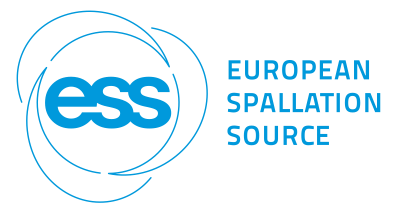In cold neutron spectroscopy, the main obstacle for understanding the acquired data is often connected to their analysis and theoretical modeling. In the field of magnetism, this hurdle has grown more significant as research shifts from conventional coherent excitations toward more complex phenomena—such as those observed in low-dimensional quantum magnets and advanced functional materials. On the theoretical front, recent advancements have introduced powerful new tools and software that provide unprecedented capabilities for tackling these unconventional magnetic excitations. However, spreading awareness of these tools and integrating these developments into experimental workflows is essential to unlocking their full potential.
This workshop aims to bring together theorists, software developers, experimentalists, and data scientists to chart a roadmap for improving access to advanced modelling tools for magnetic excitations. Such a shared roadmap could pave the way toward a cohesive, cross-facility strategy that reduces barriers to analysing inelastic neutron spectroscopy data on magnetic excitations — ultimately increasing the scientific output of cold neutron spectrometers.
The workshop will take place on Friday, July 11th, at the ESS Data Management and Software Centre (DMSC) in Lyngby, Copenhagen. It will be preceded by a 90-minute mini-symposium at ICNS on Wednesday, July 9th, where we will enjoy overview talks outlining the current state-of-the-art, from a theoretical (Bruce Normand) and experimental (Allen Scheie) perspective, respectively.
At the workshop itself, discussions will focus on actionable steps to overcome challenges in data analysis and modelling for neutron spectroscopy. Brief technical talks will also highlight cutting-edge theoretical methods—such as DMRG (presented by Andreas Läuchli) and DFT (presented by Thomas Olsen)—alongside insights into data analysis strategies at leading facilities (from Toby Perring at ISIS and Tobias Weber at ILL). Ample time will be allocated for group discussions, fostering collaboration and allowing for the development of a shared path forward, and a coherent vision for the community.
We warmly invite researchers with a strong interest in unconventional magnetic excitations or cold neutron spectroscopy to join us. Space is limited and will be allocated on a first-come, first-served basis, so early registration is encouraged.
